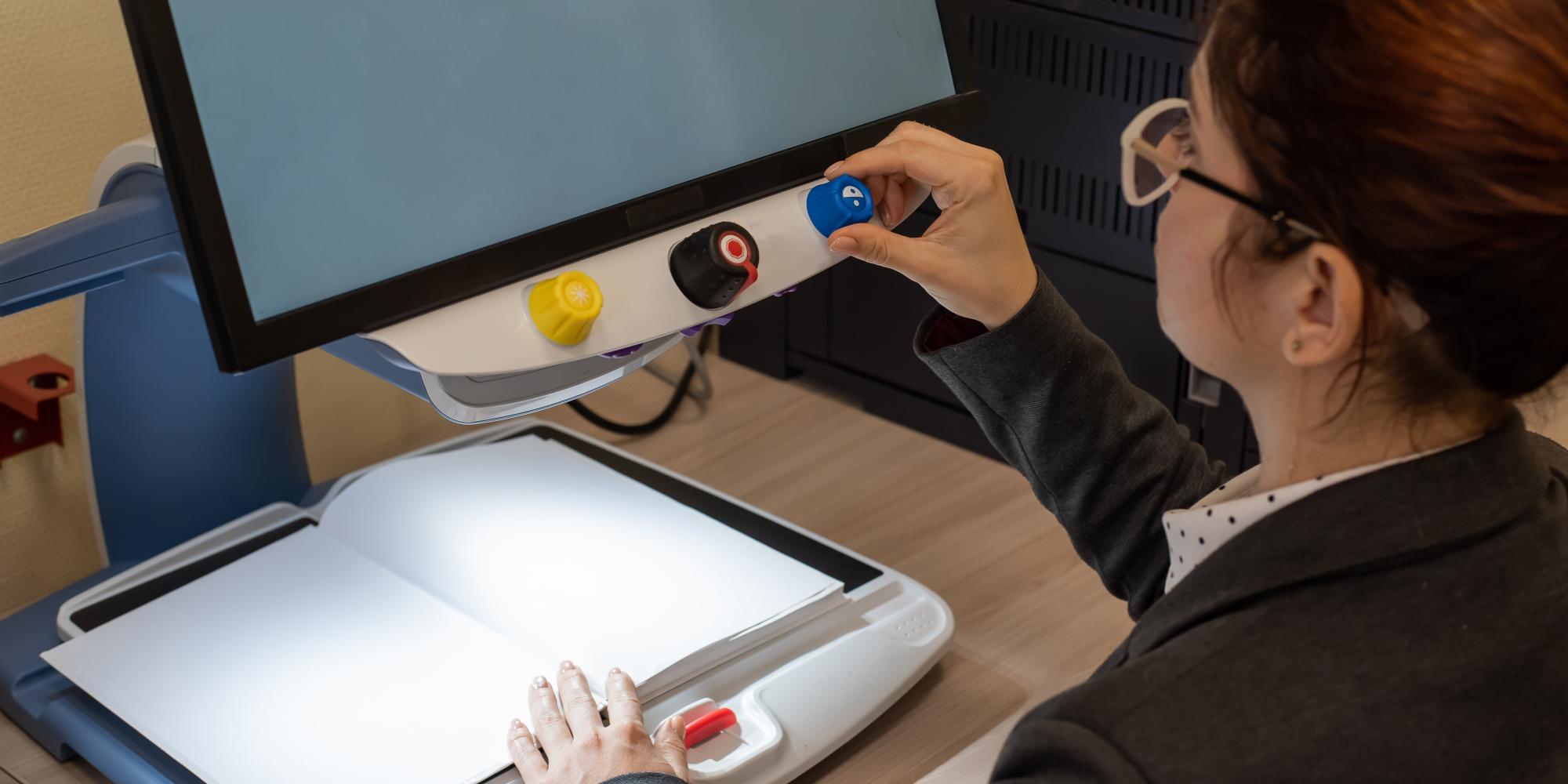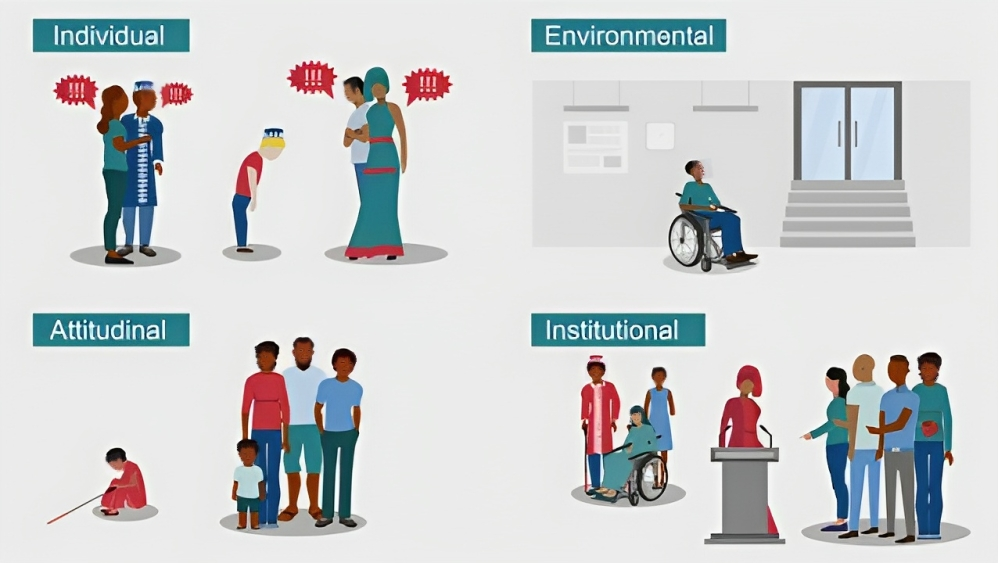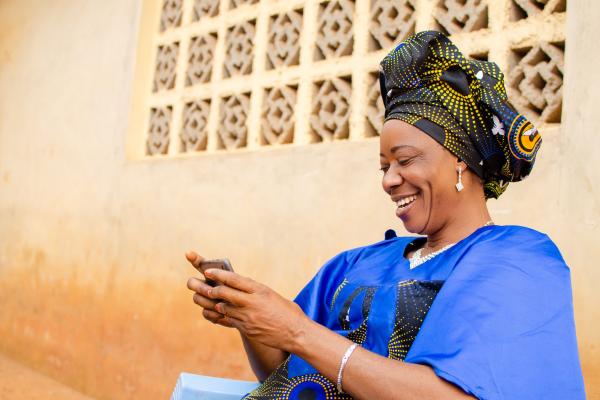Query 48 - Review of ASCEND Lot 1 and 2 Health Systems Strengthening strategies, Leaving No One Behind strategies, and Monitoring and Evaluation information
This query is a Review of the Health Systems Strengthening and Leaving No One Behind strategies for the ASCEND Programme.



